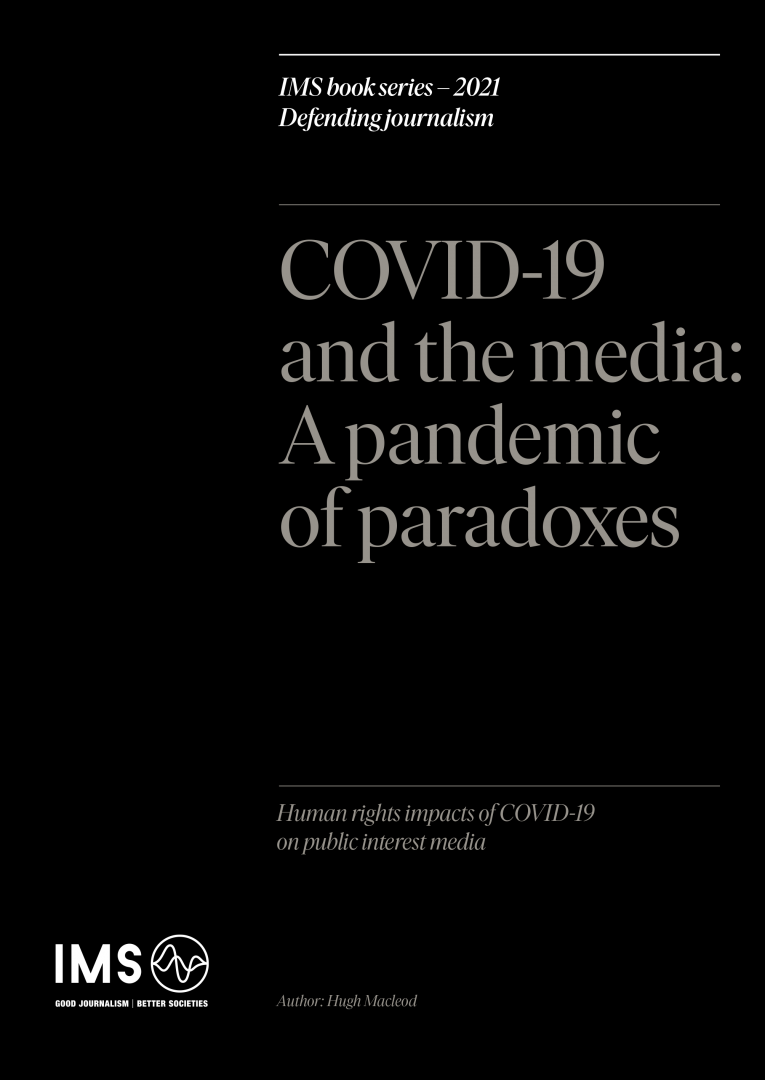
MANILA, PHILIPPINES - JANUARY 31: Filipinos hoping to buy face masks crowd outside a medical supply shop that was raided by police for allegedly hoarding and overpricing the masks, as public fear over China's Wuhan Coronavirus grows, on January 31, 2020 in Manila, Philippines. The Philippine government has been heavily criticized after failing to immediately implement travel restrictions from China, the source of a deadly coronavirus that has now killed hundreds and infected thousands more. The World Health Organization (WHO) on Thursday declared the coronavirus a public health emergency of international concern. (Photo by Ezra Acayan/Getty Images)
Philippines: Podcast steers clear of coronavirus hysteria
As the Coronavirus panic was rising in the Philippines, Puma Podcast decided to calmly lay out the facts and steer away from sensationalism and hysteria.
Take a deep breath and listen to Covid-19 facts!
“With a podcast the engagement is much more personal. It’s a warmer medium. It sets us apart from the trolling culture, it insulates us from the paranoia, the anger and the overall culture of fake news.”
Roby Alampay
CEO AND HOST, PUMAPODCAST
THE COVID DIARIES
As part of their coronavirus coverage, PumaPodcast decided to run a series of short, low-tech podcasts titled the Covid Diaries featuring interviews with doctors, people who’ve been positively diagnosed with Covid-19, urban poor, volunteers, relatives of fatalities and people who are trying to just get by.

CRISIS HIGHLIGHTS NEED FOR INFORMATION
A lack of reliable information in the Philippines
“In the Philippines, Covid-19 information to the public has been hampered by the government’s lack of information strategy in the Philippines resulting in confusing, uncoordinated messages from various government officials. The main issue has therefore not been suppression or deceit, but rather a more defensive stance from the part of the government in its communication. Instead, a palpable mobilisation of troll armies has been visible in the online information sphere – perceived by the public as government-sponsored, -sanctioned or at the very least -enabled with the primary objective of defending and rationalising potential failings of government action related to the virus and less so, instigating attacks on legitimate media.”
Carl Javier
COO, PUMAPODCAST

“With podcasts, the engagement is much more personal. It’s a warmer medium than others. It sets us apart from the trolling culture, it insulates us from the paranoia, the anger and the overall culture of fake news that exists on social media.”
Roby Alampay
CEO AND HOST, PUMAPODCAST

Covid-19
A TURNING POINT FOR INDEPENDENT MEDIA?
Around the world, Covid-19 is re-awakening people to the vital role that independent media plays in their societies.
From Afghanistan to Zimbabwe, many independent media outlets are seeing their audiences grow as people realise they need quality information to navigate the crisis.

